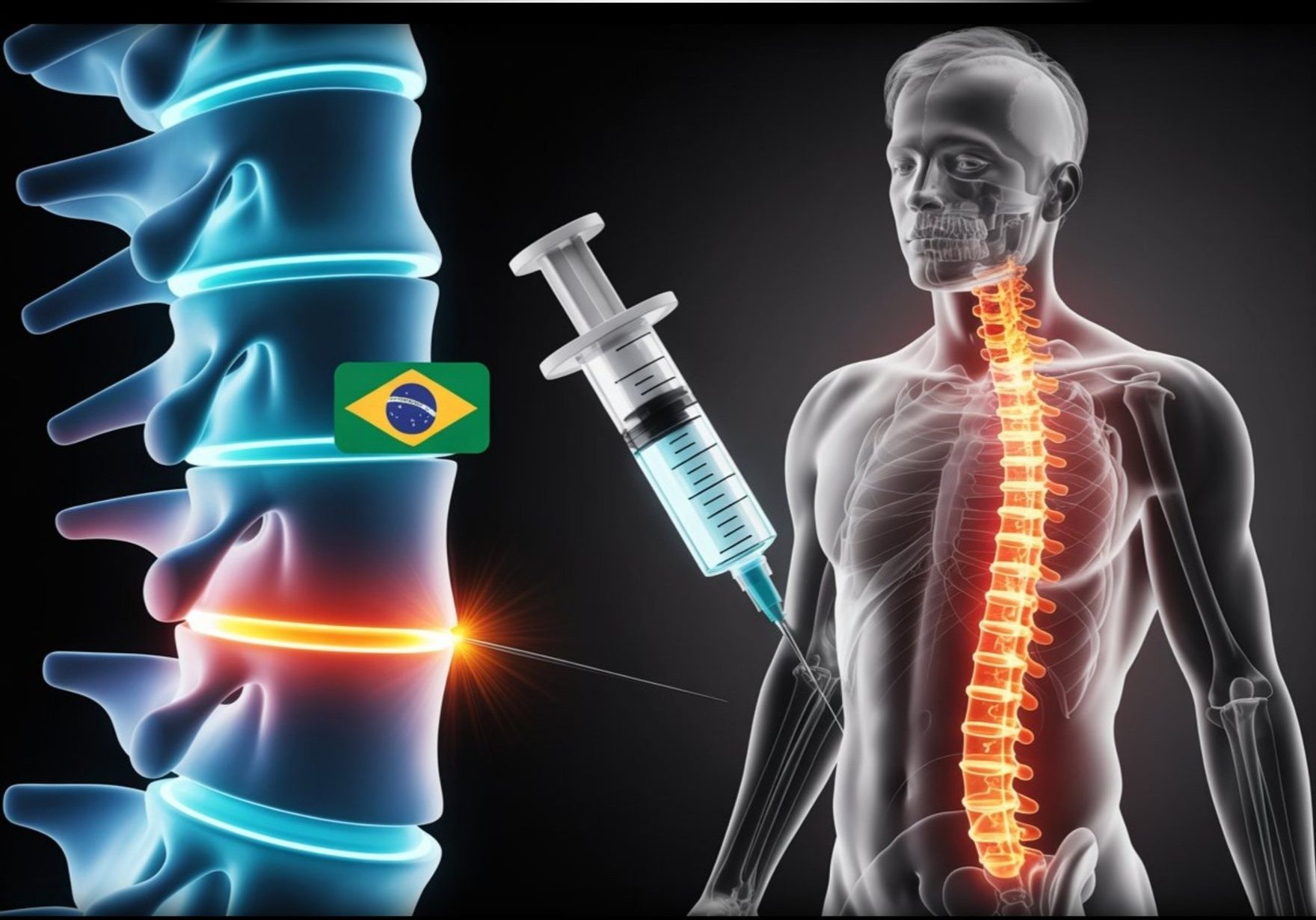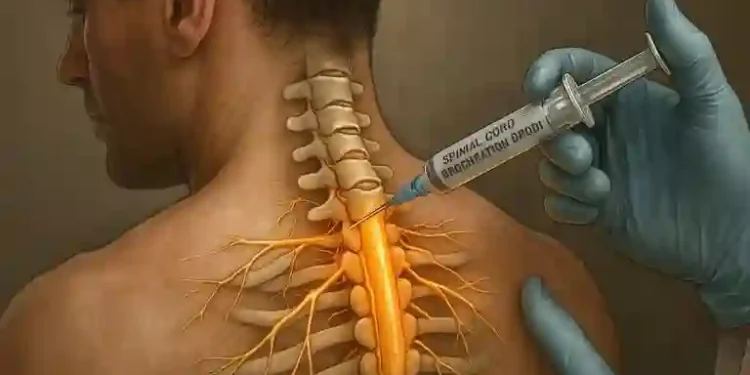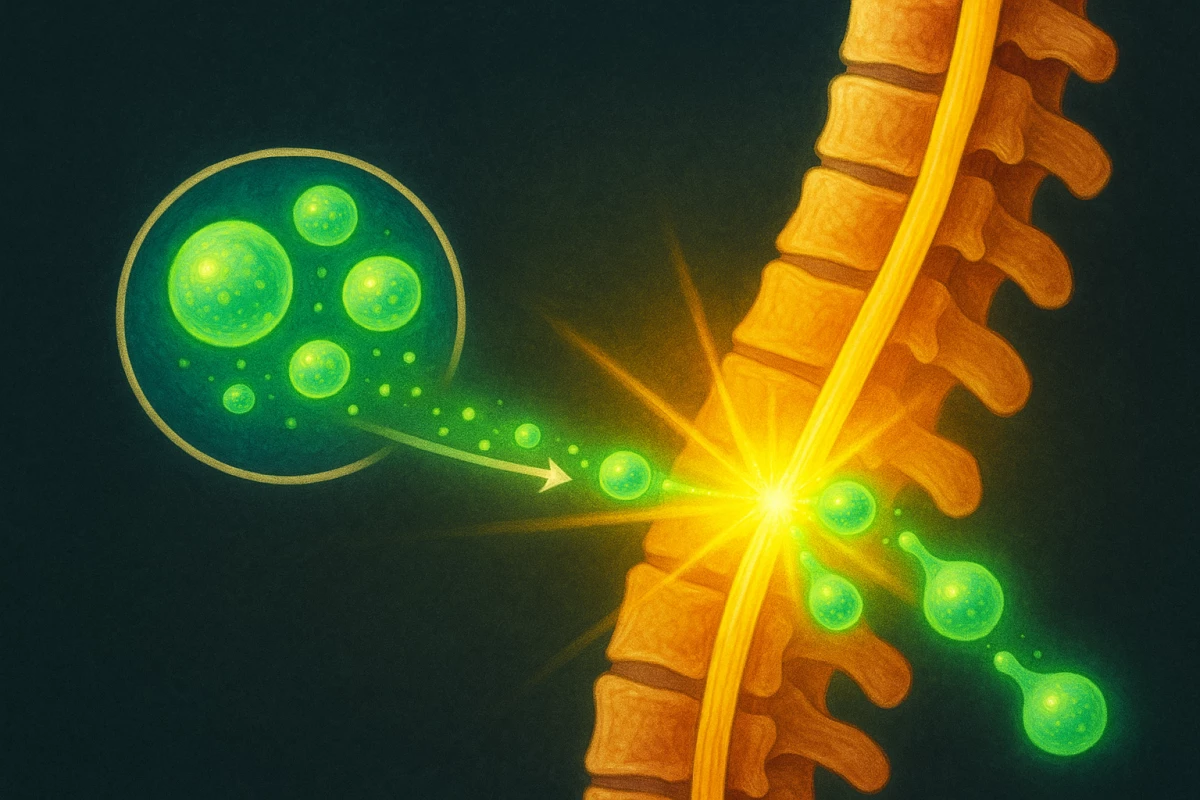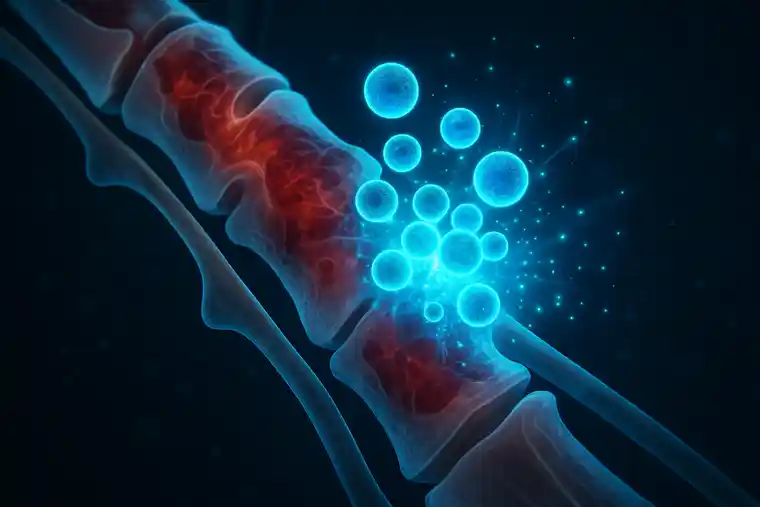A Historic Breakthrough: Brazilian Scientists Develop First Drug to Reverse Spinal Cord Injuries

After a quarter-century of research, a team of Brazilian scientists has achieved what was once thought impossible — the regeneration of damaged spinal cords. The discovery, led by Dr. Tatiana Coelho de Sampaio at the Federal University of Rio de Janeiro (UFRJ), has culminated in the development of Polylaminin, a groundbreaking drug derived from placental proteins.
Unveiled in September 2025, Polylaminin is being hailed as the world’s first therapy capable of reversing spinal cord injuries without surgical implants. Its potential impact cannot be overstated: millions of people worldwide living with paraplegia and quadriplegia may soon have access to a treatment that restores movement and independence.
How Polylaminin Works
Unlike conventional approaches that rely on mechanical implants or experimental stem-cell transplants, Polylaminin operates on a molecular level. The drug stimulates the growth of new axons—the nerve fibers responsible for transmitting electrical signals—while rejuvenating mature neurons. Applied directly to the spine through minimally invasive procedures, it reactivates dormant neural pathways and fosters tissue repair.
Early clinical trials have shown remarkable recoveries. Patients who had lived for years without mobility began to regain motor functions. Some achieved full mobility, while others saw significant progress in trunk stability, balance, and limb control. For many, these improvements mean the difference between lifelong dependency and the possibility of walking again.
The Road Ahead
Despite the promising results, Polylaminin is still in the regulatory approval process with Brazil’s national health agency, Anvisa. Hospitals in São Paulo are already preparing to integrate the therapy into clinical practice once authorization is granted, underscoring the urgency and anticipation surrounding its release.
International interest is growing rapidly, as scientists and medical institutions around the world recognize Polylaminin’s potential to transform the future of neurology and regenerative medicine. If approved, it could mark a historic turning point — not just for Brazil, but for patients everywhere.
A New Era for Spinal Cord Injury Treatment
For decades, spinal cord injuries have been considered irreversible, with treatments focused only on rehabilitation and quality of life. Polylaminin challenges that reality. It represents a shift from managing paralysis to curing it, a leap forward that may reshape medicine as profoundly as antibiotics or vaccines once did.
While much work remains, one thing is clear: after 25 years of persistence and innovation, Brazilian science has brought the world to the threshold of a new era — where paralysis may no longer be permanent, and hope is no longer out of reach.











